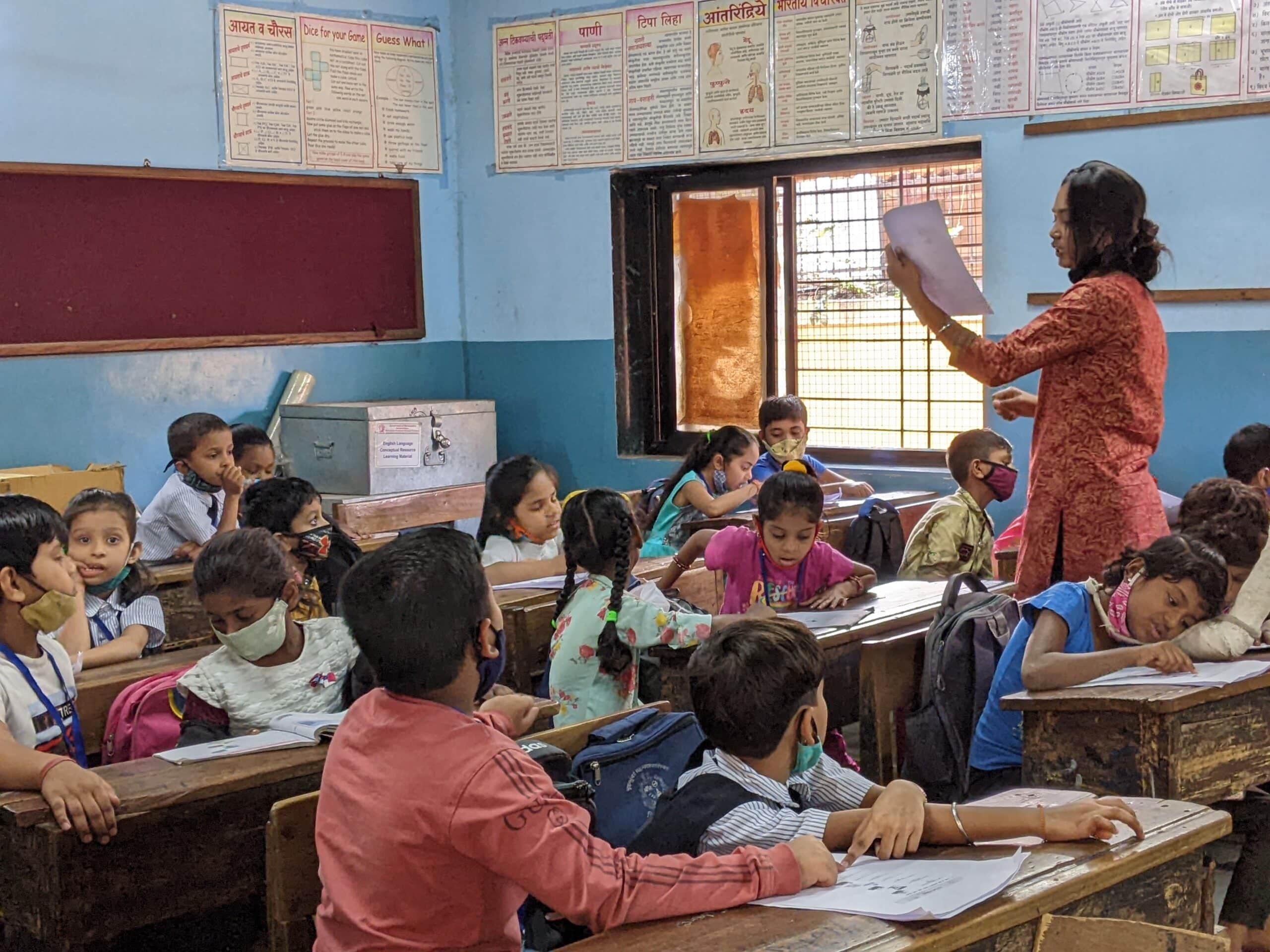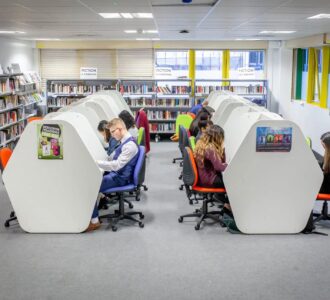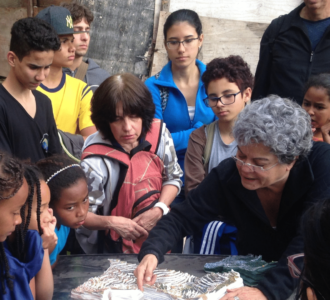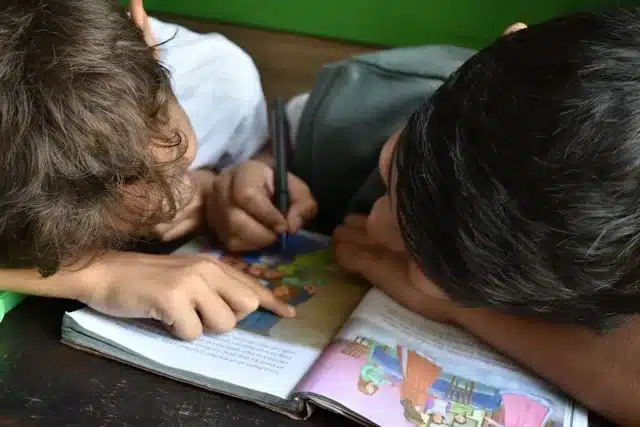
The pursuit of knowledge for its own sake, igniting a passion for learning that students will carry with them for life, must always be the beating heart of education. Is there any greater joy for teachers than discovering how to reach a child through the magic of Shakespeare, or watching a student’s eyes light up as lithium bursts into flame on water? But the best schools today also recognise the pragmatic reality that once their students have graduated, they will be entering a job market more uncertain than ever. That they must deliver the future-ready skills to prepare today’s students for tomorrow’s workplace.
Future-ready skills
What are future-ready skills? They include teaching students the STEM competencies that will be essential if they’re to grapple with emerging technology such as AI that will dominate tomorrow’s workplace.
Check out our Spotlight event on the T4 Communities app on how to Step Up The STEM Competency
They also include those oft-mentioned transferrable 21st-century skills such as communication and collaboration that are going to be essential in any workplace no matter what changes technology brings. These are increasingly being integrated into the fabric of schools.
And they include entrepreneurship and practically skilling students for the workplace they will enter.
This last part can be a big leap for schools that have traditionally focused solely on academic subjects. But some schools in different parts of the world are ably showing how entrepreneurship and workplace skills can be successfully integrated into the curriculum.
Skill-based courses
Dunoon Grammar School, a state secondary school in Dunoon, Scotland, won the World’s Best School Prize for Community Collaboration 2022 after skilling its students to turn around the fortunes of its rural local area, which has seen an exodus of young people lacking opportunities.
To help reverse this “brain drain”, Dunoon Grammar School evaluated the community’s needs and gaps in the workplace and it facilitated over 50 skill-based courses to empower students to work in professions vital to the local economy. Its practical, experience-based curriculum allows students to learn about crucial industries such as travel and tourism, design, and maritime studies.
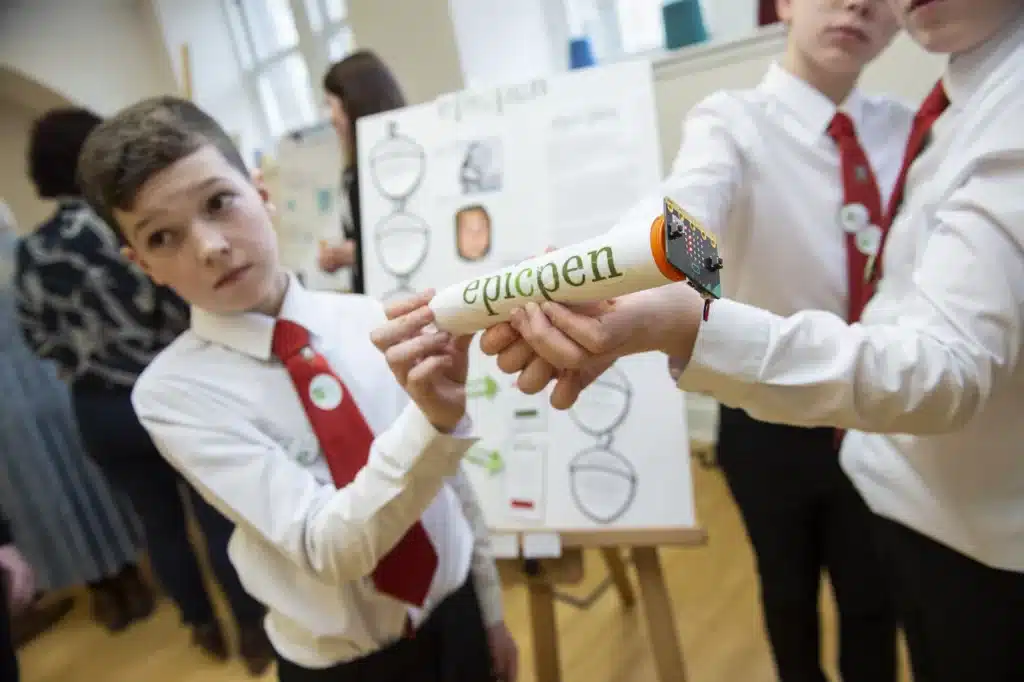
The school works hard to develop entrepreneurial skills in its students, allowing them to establish their own local enterprises and to contribute to regeneration projects. It is a key player in the Dunoon Project, the town’s plan to build a massive mountainside tourist attraction with a gondola, mountain bike tracks, alpine rollercoaster and zipwire experiences, creating jobs for Dunoon’s young people.
As such, Dunoon is not only preparing its students to face the future job market, but helping improve the job market its students will enter.
It is also forging ahead with crucial STEM-based competencies. Working with Apps for Good – an educational charity that promotes coding skills – students have generated ideas and coded prototype apps, IoT and Machine Learning solutions to benefit society. When COP26 was held in Glasgow students conceived and coded apps to address the climate crisis.
For step-by-step instructions on the school’s method, download its School Transformation Toolkit
Working in the community
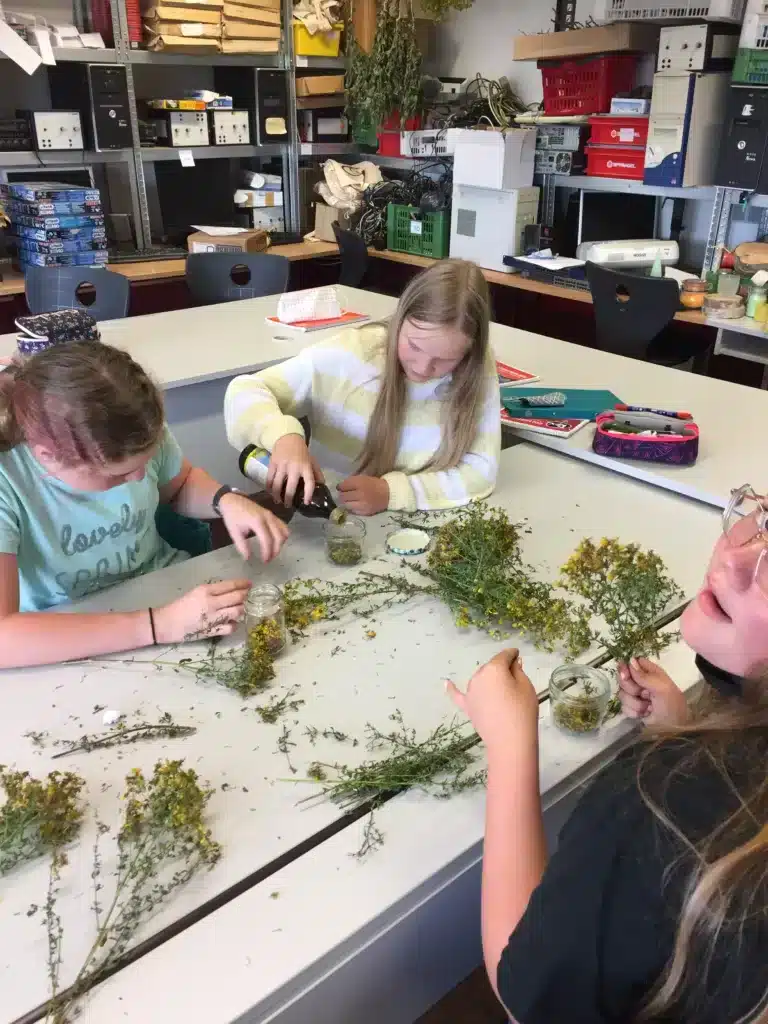
Another great example of a school teaching future-ready skills to prepare students for the workplace is Community School “Johann Wolfgang von Goethe” Schalkau, in Schalkau, Thuringia, Germany. It teaches its students that the best way to truly learn is to experience working with the community. Focusing on vocational training, one of the school’s initiatives saw students build playhouses for kids, market stalls and outdoor seating for the wider community to use for the local Christmas market at Castle Eyrichshof, Bavaria. The market stalls were then reused for a number of events throughout the year.
From that project a close collaboration with staff at the castle was born. Together, students from Goethe School and Castle Eyrichshof prepared an exhibition showcasing their works. Annually, all year groups search for new sponsorships from community leaders and businesses in order to better understand history, traditions and handicraft techniques.
The school was shortlisted for the World’s Best School Prize for Community Collaboration 2022.
For step-by-step instructions on the school’s method, download its School Transformation Toolkit
Instilling entrepreneurship with social responsibility
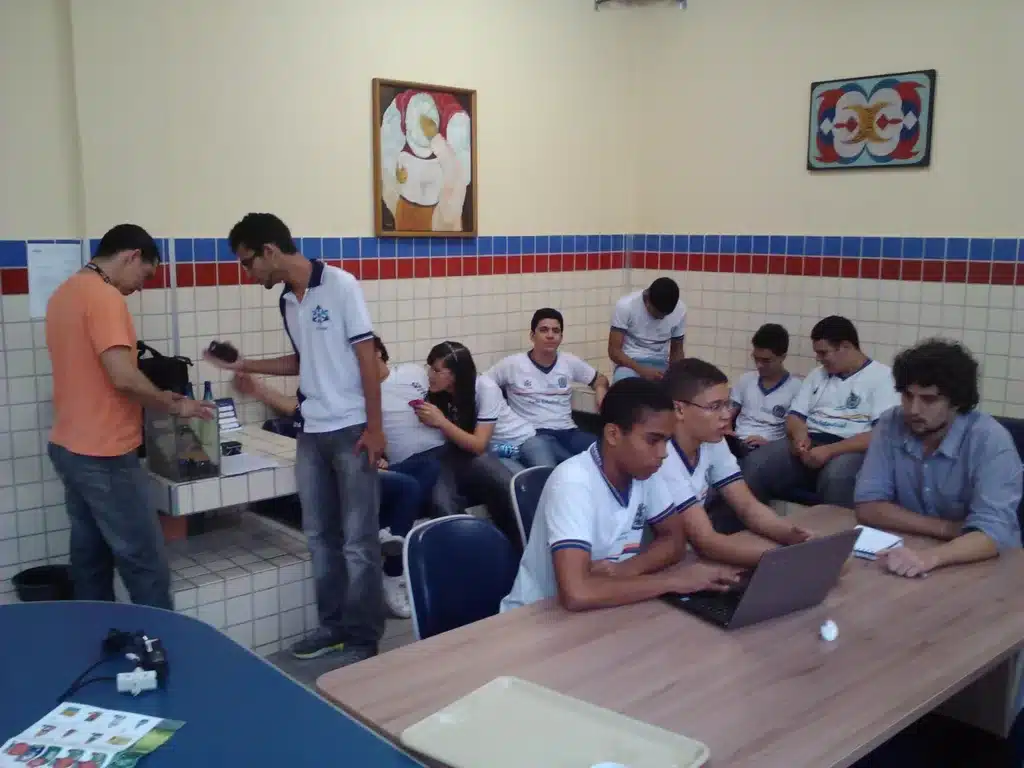
Escola Técnica Estadual Professor Agamenon Magalhães (ETEPAM), a secondary school in Recife, Brazil, which was shortlisted for the World’s Best School Prize for Innovation 2022 teaches entrepreneurship to both engage students, reducing dropouts, and to instil the value of social responsibility.
The crowning achievement of this ambition is Life Up, a social entrepreneurship workshop that has given birth to numerous projects that address the community’s most pressing issues. In addition to addressing community problems through the SDG Goals, Life Up aims to develop new future-ready skills such as empathy, communication, research, and technology in students that make them better prepared to enter society.
The first project of Life Up sought to tackle waste and prevent scorpions, cockroaches, rats and mosquitos from being attracted to discarded coconut remains by reusing coconut fibres to make ecological bricks. When the community faced landslides during the rainy season, Life Up launched the “Carpet of Life”, a bio blanket that helps reduce water pollution in rivers. Another project was called “Cangame”, a software that helps autistic students in their studies. Since its launch, the software has been used in 23 different countries and has aided autistic students who have struggled with their speech and communication.
Student interest surged in the wake of the Life Up workshop; many who had participated in the project found themselves presenting their work at science fairs and business roundtables.
For step-by-step instructions on the school’s method, download its School Transformation Toolkit
Have you been inspired by these stories? Is your school blazing its own trail? Applications are now open for the World’s Best School Prizes 2023.
Start with a vision and then bring in the best teachers
These three schools show the positive impact that can be made by changing your curriculum to integrate entrepreneurship and practical, workplace skills that prepare your students for the future. They also provide some great examples of how students can get stuck in.
But the first step schools need to take is setting out a clearly-defined and well-communicated vision that focuses on teaching future-ready skills. One that permeates every part of the school. And then they need to develop their teachers and bring in new talent to enact it.
Attracting the best teachers for the job can be a difficult task. Schools need to build an environment in which students can thrive because teachers thrive. This sounds simple, but it’s not easy to perfect, so you may need to seek independent guidance.
Our new Best School to Work programme can help you build the positive culture you need to attract the right teachers
If you can set out a clear vision, develop and bring in the best teachers to enact it, and embed future-ready skills into the fabric of your school, teaching entrepreneurship and all the practical skills your students will need in the workplace, then you will set them up for success.
